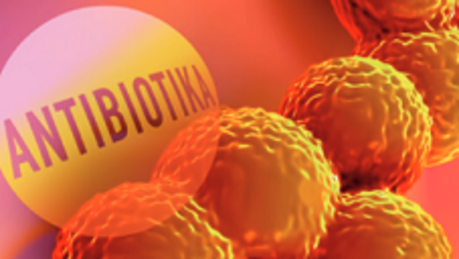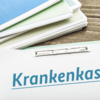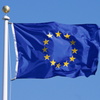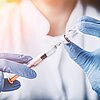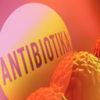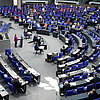Federal Minister of Health Hermann Gröhe: "The research and development of new antibiotic treatments must be encouraged and incentivised"
Germany supports the Global Antibiotic Research and Development (GARD) Partnership
25 May 2016. The Federal Ministry of Health has been supporting the launch of the Global Antibiotic Research and Development (GARD) Partnership.
If antimicrobials cease to be effective, health care loses one of its most life-saving tools. Therefore, it is essential that we ensure a genuine stewardship of both new and existing antibiotics on the ground. Moreover, the research and development of new antibiotics must be encouraged and incentivised. Thanks to its focus on the most urgent resistance issues globally, the Global Antibiotic Research and Development (GARD) Partnership is an excellent approach to complementing ongoing research efforts. We have been closely involved in the development of the GARD Partnership and are very happy to see its launch now.
Jointly incubated by the World Health Organization (WHO) and the Drugs for Neglected Diseases initiative (DNDi), this international partnership seeks to develop new antibiotics to address the threat of resistant pathogens. In addition, GARD is expected both to promote the prudent use of antibiotics to optimally conserve their effectiveness and to ensure that everyone who needs this treatment has equitable access to it.
Today, GARD has reached its seed fund target and can now set up its scientific strategy, initial R&D portfolio and start-up team. Germany has been closely involved with the development of this partnership and contributed € 500,000 to see it come to fruition. In their 2015 Berlin Declaration on AMR, the G7 Health Ministers had already emphasised the need to build such a partnership.
Fighting antimicrobial resistance (AMR) is a major priority of the Federal Ministry of Health. In fact, Germany has been pursuing a cross-sectoral approach to addressing this public health threat for several years now. In May 2015, the Federal Cabinet adopted the German Antimicrobial Resistance Strategy (DART 2020) that consistently pursues these efforts. Among other things, systems for monitoring AMR and antibiotic use are to be rolled out further to detect emerging (multi-drug)resistant pathogens and resistances at an early stage. The Strategy also seeks to enhance the knowledge and awareness of the risks posed by AMR and the importance of good hygiene, both among the general population and health professionals. At this year’s World Health Assembly, Federal Minister Hermann Gröhe presented the first interim report on the implementation of the DART 2020 Strategy.
AMR has been prompting not only activities on the national level, but is also on the agenda internationally. In 2015, the World Health Assembly adopted a Global action plan on antimicrobial resistance and Germany is pursuing various activities, such as sponsoring GARD and co-operating with other countries in building the core capacities needed to combat AMR, to help ensure that this plan is implemented on schedule. At last year’s Elmau Summit and the G7 Health Ministers‘ Meeting in Berlin, Germany, as holder of the G7 Presidency, emphatically championed the intensified commitment to fighting antimicrobial resistance.
Additional information
-
Antimicrobial Resistance
Article about antimicrobial resistance
-
International Co-operation
Overview page about co-operation in the field of international health policy
-
DNDi Press release
Press release about GARD partnership on the official website of the Drugs for Neglected Diseases initiative (DNDi)
-
Two-pager on GARD partnership
PDF file about the GARD partnership on the official webpage of DNDi



